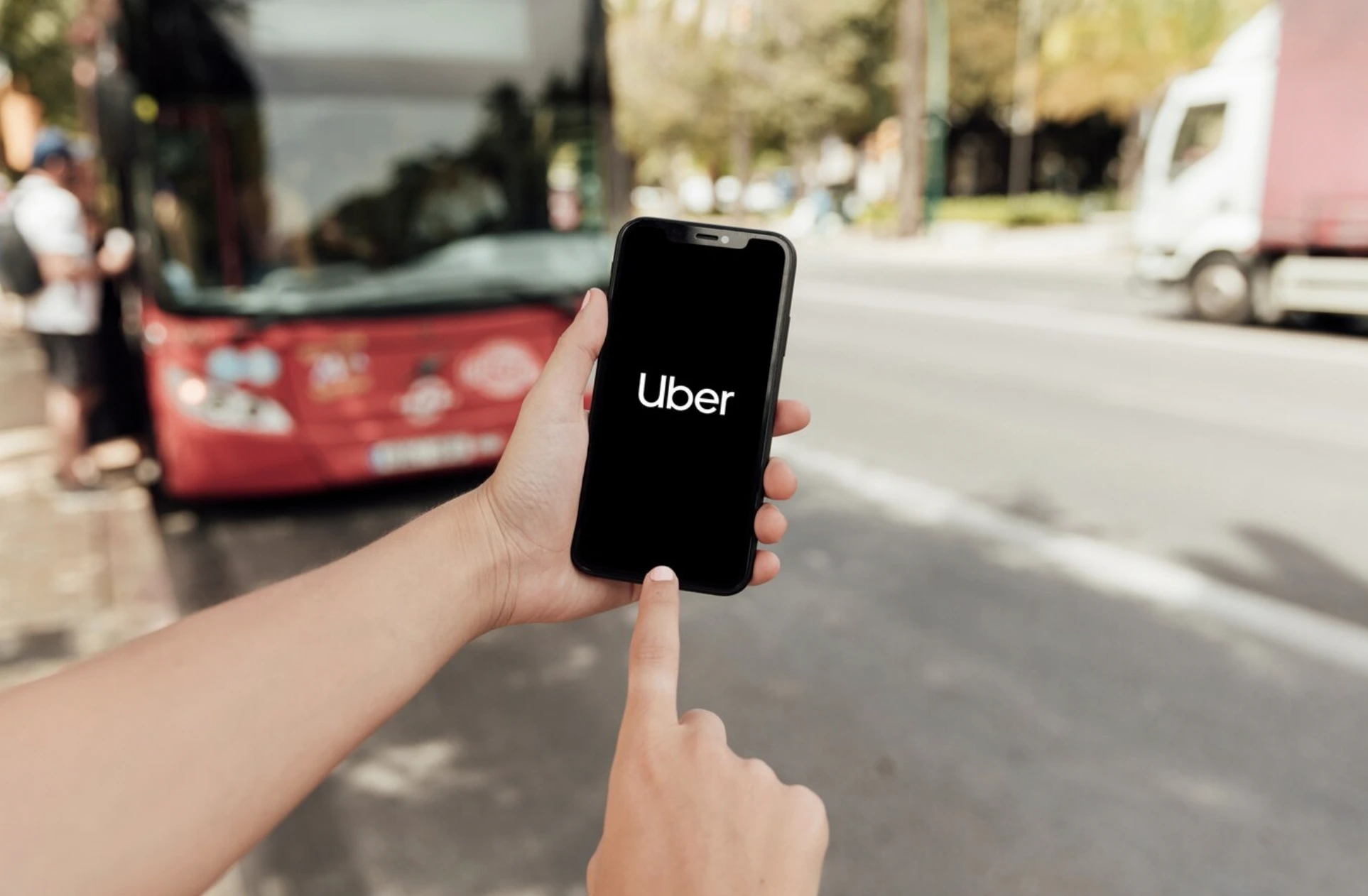
Image from Freepik
Uber And Waymo Partner To Launch Robotaxis In Austin And Atlanta In 2025
Uber announced today that, starting in early 2025, users in Austin and Atlanta will be able to request Waymo robotaxis through the Uber app, as part of an expanded partnership between the two companies.
Uber will manage fleet operations, such as dispatch, cleaning, repairs, and general maintenance. Meanwhile, Waymo will focus on autonomous technology, overseeing testing, roadside assistance, and essential support functions.
This initiative builds on their previous efforts in Phoenix, where Waymo’s autonomous vehicles have already provided rides to tens of thousands. In April, Uber Eats also began using Waymo’s self-driving cars for food deliveries within Waymo’s 225+ square mile service area in Phoenix.
This announcement follows Uber receiving a €290 million fine ($324 million) in late August from the Dutch Data Protection Authority for unlawfully transferring European drivers’ personal data to the U.S., in violation of GDPR regulations.
Meanwhile, Waymo co-CEO Tekedra Mawakana emphasizes the company’s commitment to expanding their service, stating, “Waymo’s mission is to be the world’s most trusted driver, and we’re excited to launch this expanded network and operations partnership with Uber.”
While this partnership represents a significant step forward for autonomous vehicles, it also comes amid growing concerns about the technology’s safety and impact on jobs.
Axios Austin (AA) reports that six complaints have been filed against Waymo, according to a city site tracking autonomous vehicle incidents. These include one classified as a “safety concern,” four as “nuisance,” and one as a “near miss.”
Additionally, in May, investigators identified 22 incidents where Waymo’s self-driving cars were either “the sole vehicle involved in a collision” or exhibited driving behavior that might have violated traffic safety laws, as reported by AA.
AA also notes that a 2017 state law, supported by car companies, prevents Texas cities from regulating self-driving cars.
Self-driving vehicles have both impressed and unsettled people worldwide, raising concerns job impacts. As robotaxis become more common, it will be important to address these concerns and ensure that the technology is developed and deployed responsibly.


 Previous Story
Previous Story

 Latest articles
Latest articles 

Leave a Comment
Cancel